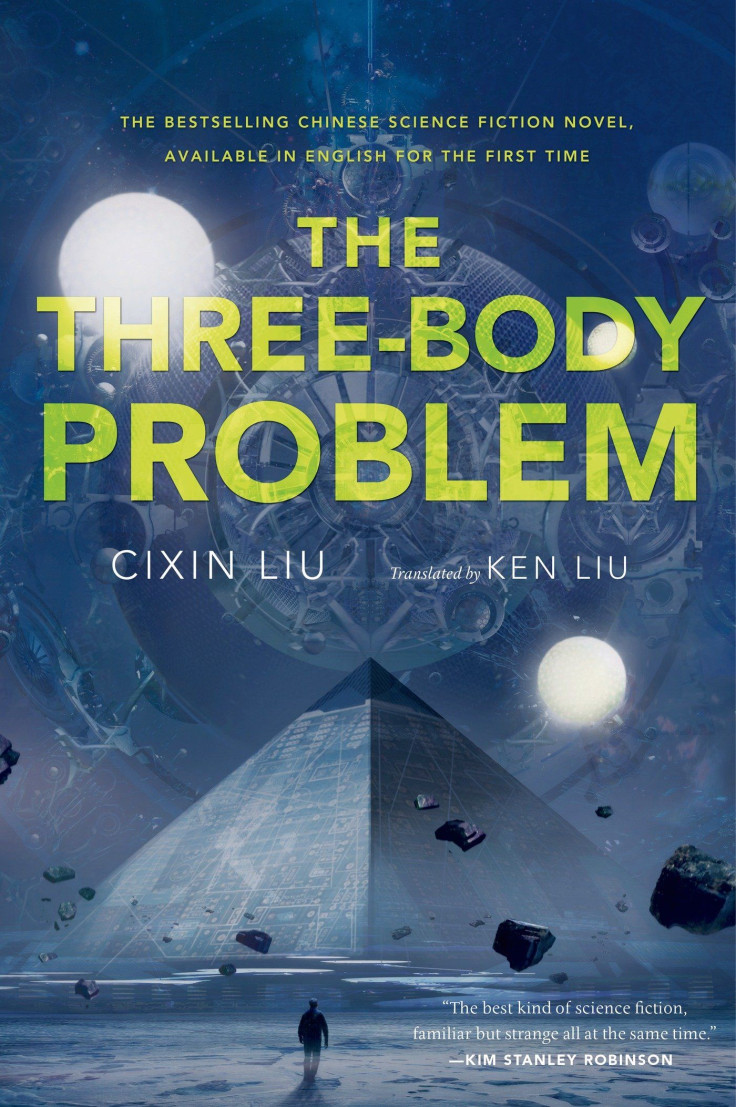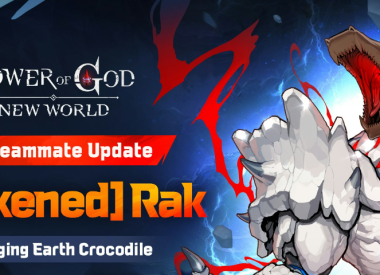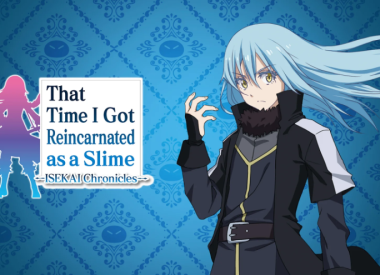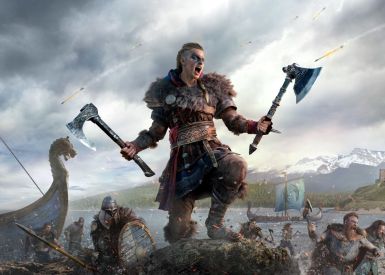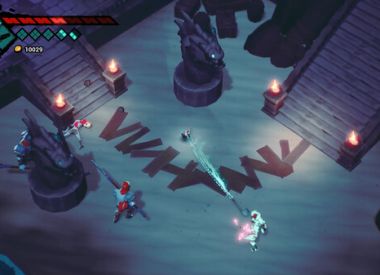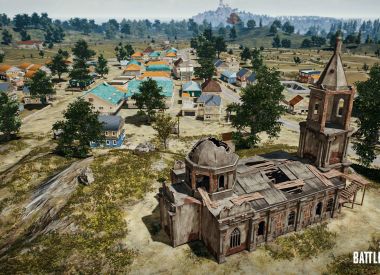The Three-Body Problem is the first novel from Chinese science fiction author Liu Cixin to be translated for American audiences (many of his short stories are available on Kindle). Liu Cixin is one of the biggest sci-fi names in China, a visionary on par with Arthur C. Clarke, and the American release of his 2006 novel The Three-Body Problem, the first in a trilogy, is the perfect introduction. Spanning multiple decades, The Three-Body Problem details the story of our first contact with extraterrestrials, its origins in the Cultural Revolution, and the inevitable conflict between civilizations.
UPDATE: The Three-Body Problem just won Best Novel at the 2015 Hugo Awards!
'The Three-Body Problem' Book Review
The Three-Body Problem opens with a battle between Red Guard factions followed by the horrific public spectacle of a “struggle session,” wherein public intellectuals are bullied in to recanting "reactionary" ideas like quantum mechanics and the Big Bang theory. From witnessing her father’s death at the hands of anti-intellectual students to persecution for reading environmentalist literature, Ye Wenjie’s dissatisfaction with the human race is just the first step in a series of mysteries that slowly unveil the alien Trisolaran civilization.
As a narrative, The Three-Body Problem hops between a Crichton-esque technothriller and larger, more speculative and far more alien work. And while it gets bogged down in the elaborate video game "Three Body” for much of the book’s middle portion, the abrupt arrival of the climax loads the narrative with enough action and titanic science fiction ideas to have readers on edge for the release of The Dark Forest in 2015.
The physics problem that inspires much of the plot of "The Three-Body Problem":
Other than sympathetic physicist Ye Wenjie, much of the large cast of characters in The Three-Body Problem are the propulsive generic kind required for a thriller. The eventual protagonist, Wang Miao, specializes in nanomaterials and exists mainly to explain science stuff to detective Shi Qiang until his nanofilament “Flying Blades” can serve the plot by slicing up a ship in the Panama Canal. Shi Qiang is a little more fun, a hard-living detective hated by everyone but invaluable to humanity’s work against the aliens.
The Three-Body Problem maintains intrigue, perhaps until it curdles, by putting Wang Miao through a battery of physics impossibilities, culminating in the entire universe—tracked by the cosmic background radiation—flickering in front of Wang Miao’s eyes, then not mentioning it again for hundreds of pages. It almost seems like The Three-Body Problem had decided not to answer, perhaps punting to the sequel. But the answer does finally arrive in the form of a massive, late-novel infodump. And while it grinds the finale to a halt, it’s an idea so big that it more than justifies the time spent. I can't say anymore.
The Three-Body Problem is only semi-successful as a thriller, but full of rousing ideas for the science fiction fan. Each book in the “Remembrance of Earth’s Past” trilogy, of which The Three-Body Problem is Book One, has been more and more hyped in China, and with a foundation as strong as The Three-Body Problem my excitement is mounting for further stateside releases. This is a book of huge ideas, telling the story of the human race’s survival as we face an alien threat beyond anything I had every previously imagined. The Three-Body Problem by Liu Cixin, published in the US by Tor Books, came out on Nov. 11. The sequel, The Dark Forest, will be released on July 7, 2015.
Check out the first three chapters of The Three-Body Problem right here.

